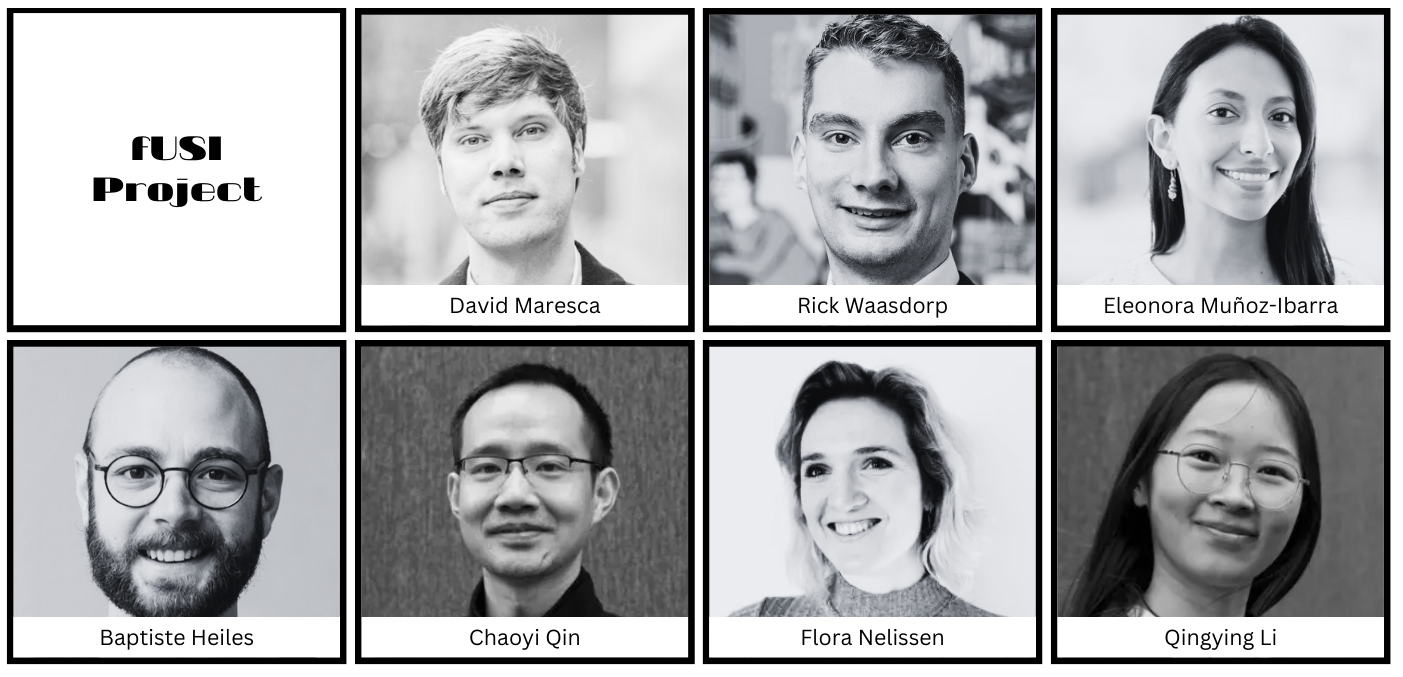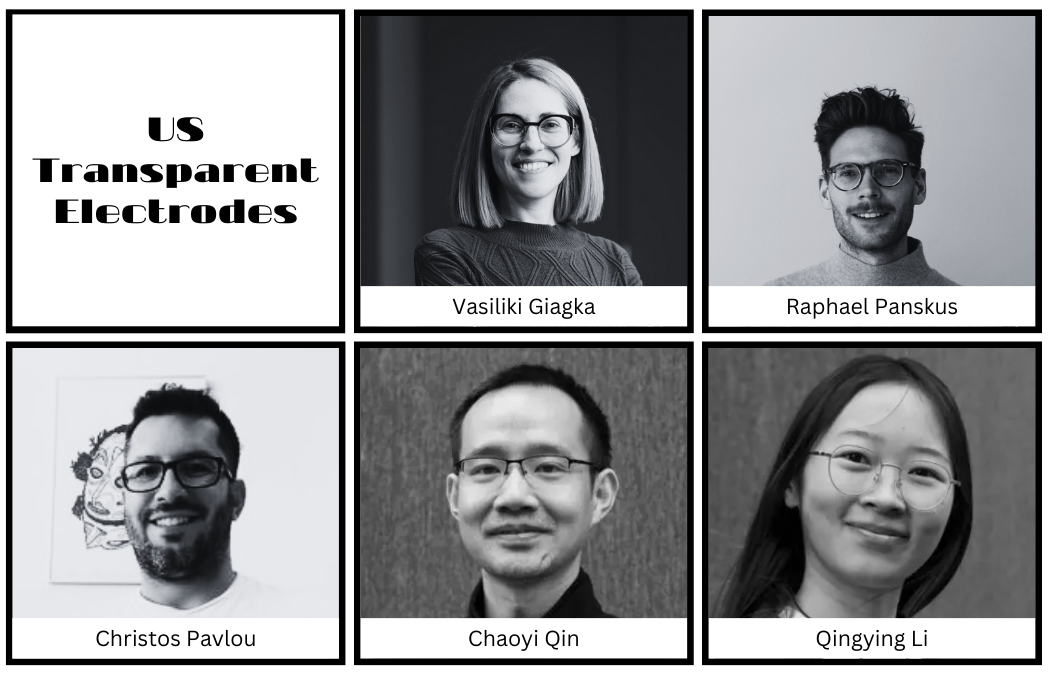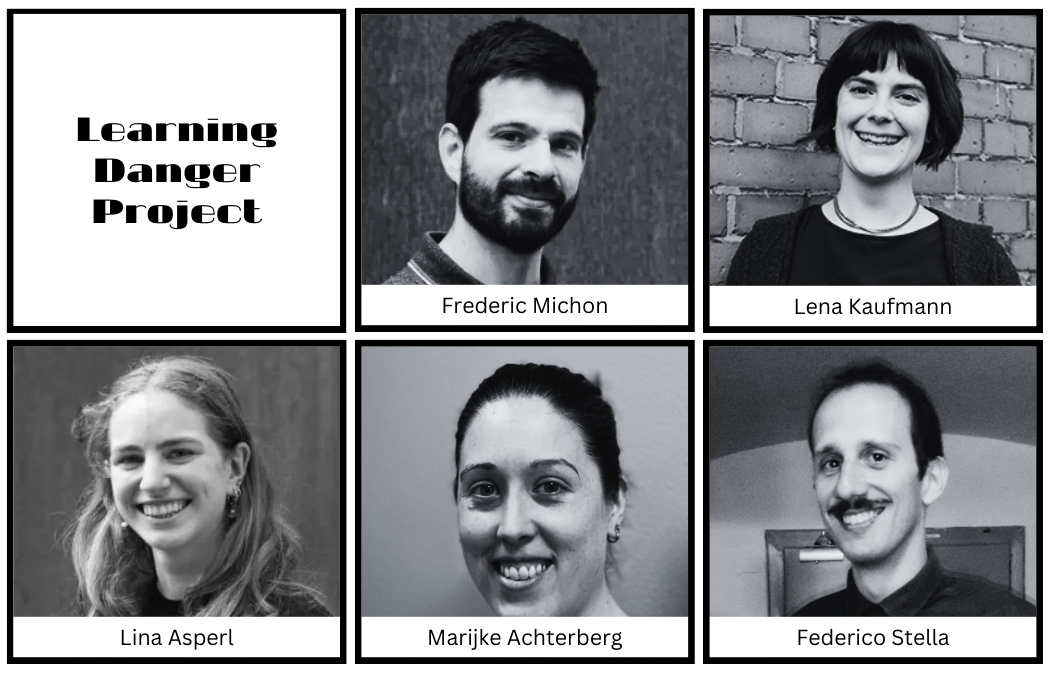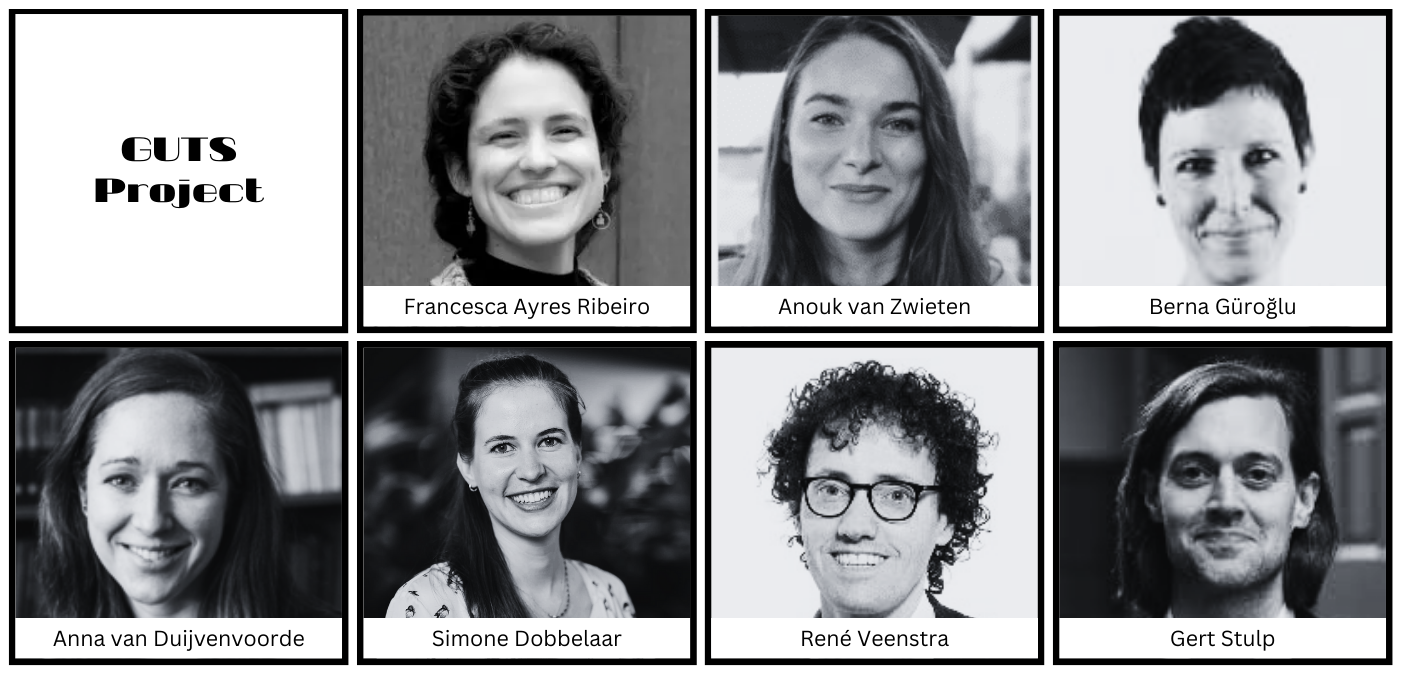
Het Social Brain Lab streeft ernaar een zeer samenwerkend onderzoeksteam te zijn en heeft het geluk samen te werken met een aantal interdisciplinair samenwerkende onderzoekers en projecten. Hieronder vindt je enkele van onze lopende projecten.
‘HelpUS-ERC’ Project
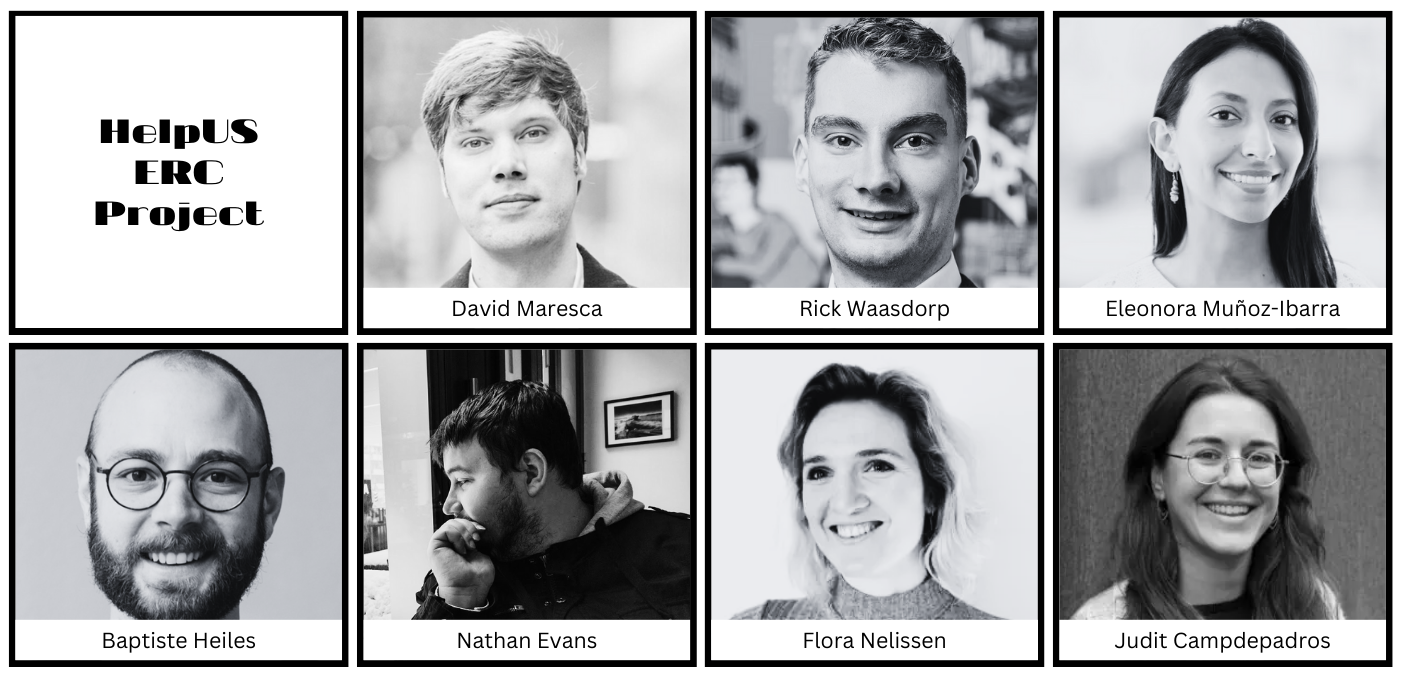
Door dit project onderzochten we hoe de hersenen waarde toekennen aan de uitkomsten van moreel conflicterende handelingen. In één van de studies die deel uitmaakt van dit project, werd een economisch spel ontwikkeld waarbij deelnemers moesten leren welk symbool geassocieerd was met een financiële beloning voor henzelf ten koste van pijn voor een ander. Een computationeel versterkingsleer-model werd ontwikkeld om individuele verschillen in het onverschilligheids- of evenwichtspunt van de deelnemers betrouwbaar te meten; het punt waarop de waarde van persoonlijke monetaire winst en de pijn van een ander vergelijkbaar zijn. Onze bevindingen suggereren dat de pijn van anderen mogelijk een unieke rol speelt in vergelijking met andere aversieve stimuli bij het nemen van beslissingen.
Bij knaagdieren ontwikkelden we succesvol een eigen transcraniële gefocuste ultrasone transducer als een nieuwe niet-invasieve neurostimulatiemethode om specifiek diepe hersengebieden die betrokken zijn bij affectieve empathie te raken, en de link met altruïstisch of antisociaal gedrag causaal te testen. Onze ultrasone opstelling is een nieuw, open-source systeem met een aanpasbaar raamwerk, waardoor het ideaal is voor zowel ultrasone beeldvorming als stimulatie, met de mogelijkheid om tegelijkertijd psycho-fysiologische metingen op te nemen. Dit opent de deur voor toekomstig onderzoek naar hersen-lichaaminteracties tijdens emotionele besmetting, besluitvorming en aversie tegen schade.
fUSI-Project
Het fUSI-project, in samenwerking met David Maresca, Rick Waasdorp, en Eleonora Muñoz-Ibarra van het Maresca lab, en Baptiste Heiles van Cal Tech, probeert neurale correlaten van emotionele besmetting te onderzoeken met behulp van functionele ultrasone beeldvorming. (fUSI). Dit project wordt uitgevoerd door postdoc Chaoyi Qin en PhD-studenten Flora Nelissen en Qingying Li. Dit onderzoek wordt in drie delen uitgevoerd: (1) het ontwikkelen van de methode door middel van visuele stimuli en staartschokken , (2) het uitvoeren van de echte emotionele besmettelijkheidsexperimenten met behulp van fUSI, en (3) het vergelijken van de de hersenresultaten met c-fos kleuring. Het fUSI project is gestart in 2017 en wordt gefinancierd door de HelpUS ERC subsidie.
Klik hier om meer te leren over het Maresca Lab.
‘US Transparent Electrodes (DBI2)’
Het ‘US Transparent Electrodes’ project is gestart in 2024 en is samenwerking met Vasiliki Giagka, Raphael Panskus, en Christos Pavlou van het Giagka lab in TU Delft. Dit project heeft als doel de effectiviteit van transparante ultrasone (US) elektroden te valideren. Dit project wordt uitgevoerd door postdoc Chaoyi Qin en PhD-student Qingying Li en wordt gefinancieerd door de HelpUS ERC subsidie.
Klik hier om meer te leren over het werk van Vasiliki Giagka.
Gevaren Leren door het Observeren van Andermans Tegenslagen in de Hippocampus
Frederic Michon, ondersteund door de prestigieuze NWO Veni-beurs, onderzoekt hoe onze hersenen leren van het observeren van anderen in potentieel gevaarlijke situaties. Hierbij ligt de nadruk op hoe dit sociale leerproces wordt vastgelegd in het geheugen. Vanuit het Social Brain Lab wordt zijn project ondersteund door Postdoc Lena Kaufmann and PhD-student Lina Asperl.
Door inzichten uit proefdieronderzoek te combineren met menselijk onderzoek, zal Michon de rol van de hippocampus verkennen: een cruciaal hersengebied dat betrokken is bij het geheugen en de emotieverwerking. Samenwerkingen met Marijke Achterberg van de Universiteit Utrecht en Federico Stella van het Donders Instituut voor Brein, Cognitie en Gedrag aan de Radboud Universiteit versterken dit onderzoek verder.
Klik hier om meer te leren over het project van Frederic Michon’s.
SoMeMe: Hersenen-brede dynamiek voor sociaal-gemediëerde geheugenverwerving
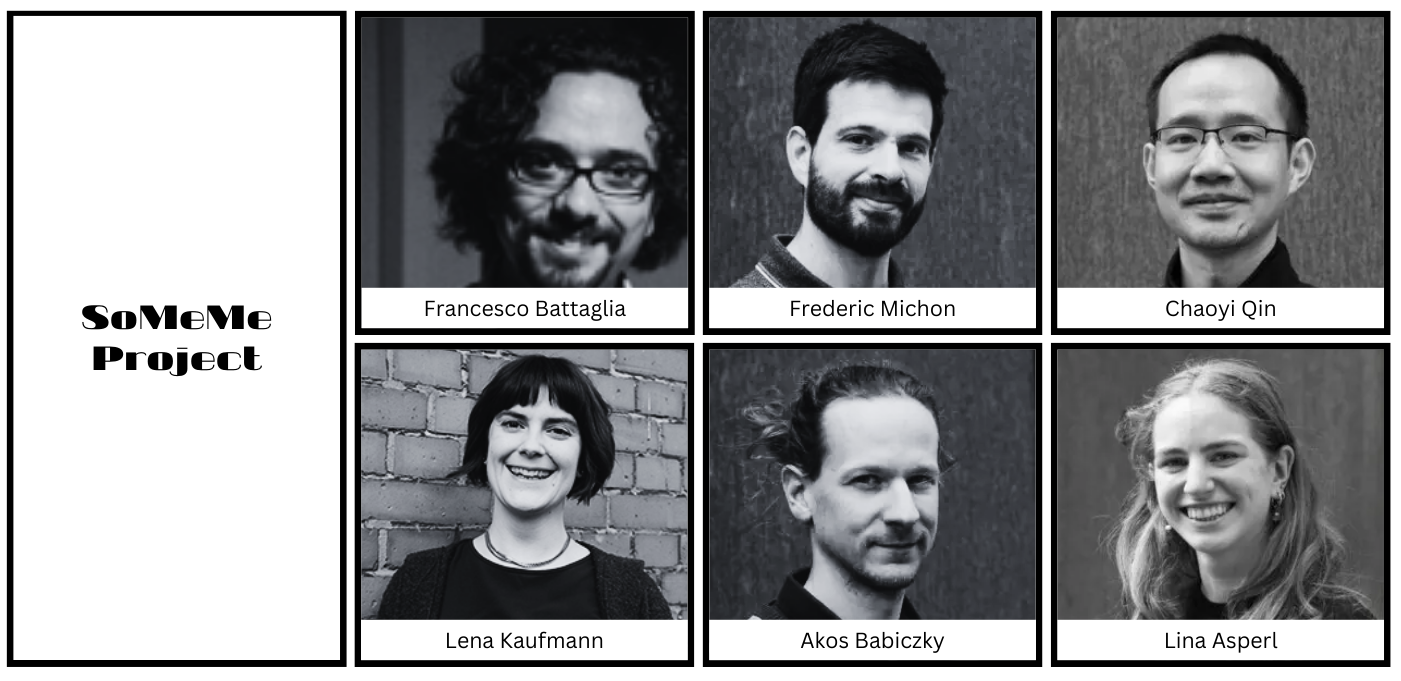
Klik hier om meer te leren over het SoMeME-project.
Sanford-Project
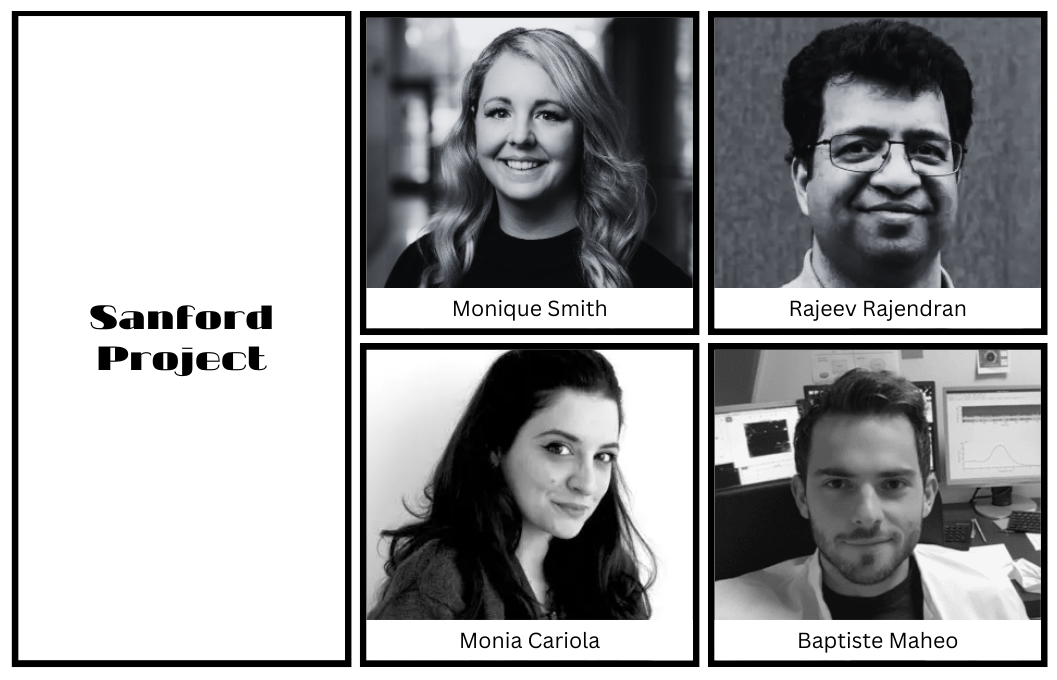
Klik hier om meer te leren over het Smith Lab.
Jahanshahi Groep
In samenwerking met Valeria Gazzola, focust het onderzoek van Dr. Ali Jahanshahi bij het SBL, samen met zijn PhD-student Judy Kesebi, zich op het bevorderen van behandelingen voor de ziekte van Parkinson (PD) door middel van innovatieve technologieën zoals gefocuste echografie (FUS) en nanotechnologie. Het project van Jahanashahi heeft als doel om symptoombestrijding te verbeteren door non-invasieve neuromodulatie technieken om zo de onderliggende oorzaken van PD aan te pakken met behulp van nauwkeurige therapeutische toediening over de bloed-hersenbarrière. Dit baanbrekende werk belooft effectievere en minder invasieve therapieën die de kwaliteit van leven van PD-patiënten bevorderen.
Klik hier om meer te leren over het werk van Dr. Ali Jahanshahi.
‘Growing Up Together in Society’ (GUTS)
‘Growing Up Together in Society’ is een samenwerkingsverband tussen onderzoekers van zeven universiteiten en het NIN, verspreid over een breed scala aan disciplines, met als doel te begrijpen hoe jongeren opgroeien in een complexe samenleving. Het project wordt gefinancierd door een Gravitation Grant van €22 miljoen. Binnen ons lab onderzoekt Francesca Ayres Ribeiro hoe empathie samenhangt met iemands positie binnen een sociaal netwerk. Ze volgt jonge volwassenen over meerdere jaren om te onderzoeken hoe hun individuele kenmerken invloed hebben op de mensen tot wie ze zich aangetrokken voelen, en omgekeerd, hoe de mensen tot wie ze zich aangetrokken voelen hen beïnvloeden. Dit onderzoek is in nauwe samenwerking met Anouk van Zwieten binnen het SBL, die onderzoekt hoe empathie de uitkomsten beïnvloedt bij kinderen die risico lopen op antisociaal gedrag. Buiten het SBL is dit project in nauwe samenwerking met Berna Güroğlu, Anna van Duijvenvoorde, en Simone Dobbelaar van de Universiteit Leiden, en René Veenstra en Gert Stulp van de Universiteit Groningen.
Klik hier om meer te leren over de sociale netwerken binnen GUTS.
Aanvullende informatie en artikelen
Vacatures
Momenteel zijn er geen vacatures binnen deze groep.
Bekijk alle vacatures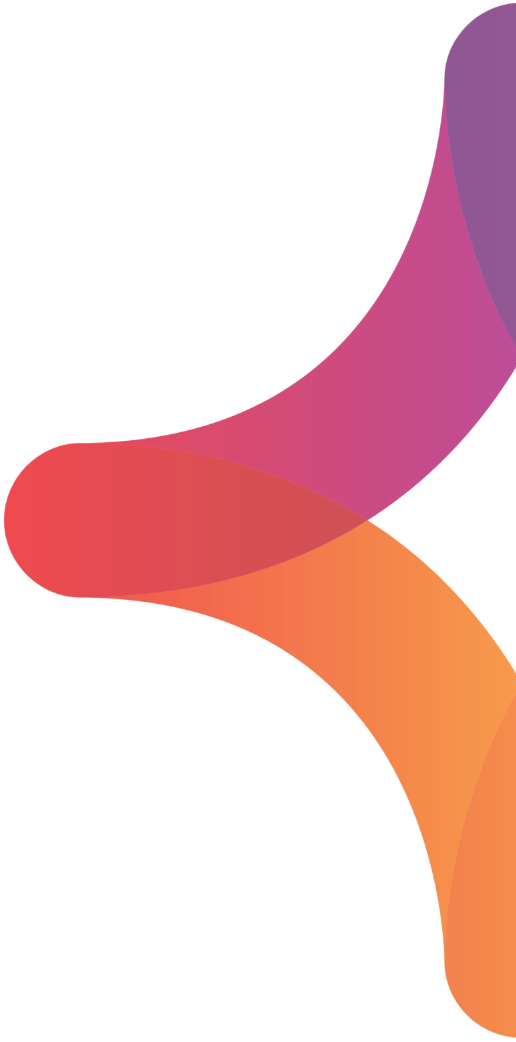
Contact
"*" geeft vereiste velden aan
Doneer aan het Herseninstituut
Hersenvrienden maken baanbrekend hersenonderzoek mogelijk
- Je steunt baanbrekend/innovatief hersenonderzoek
- Je steunt de Nederlandse Hersenbank
- Uitnodiging voor de Hersenvriendenlezing
- Exclusieve vriendenactiviteiten
- Kijkje achter de schermen van het Nederlands Herseninstituut
Doneren kan eenvoudig via
Je kunt jouw bijdrage ook overmaken op NL76 INGB 0002 1673 78 t.n.v. Stichting Vrienden van het Herseninstituut
Steun ons werk
De Stichting Vrienden van het Herseninstituut ondersteunt baanbrekend hersenonderzoek. U kunt ons daarbij helpen.
Steun ons werk